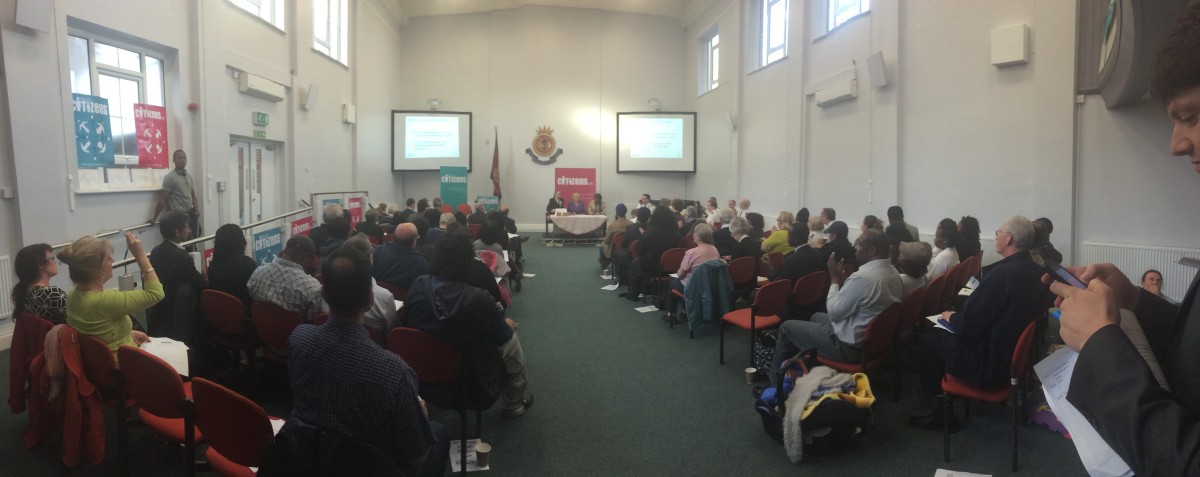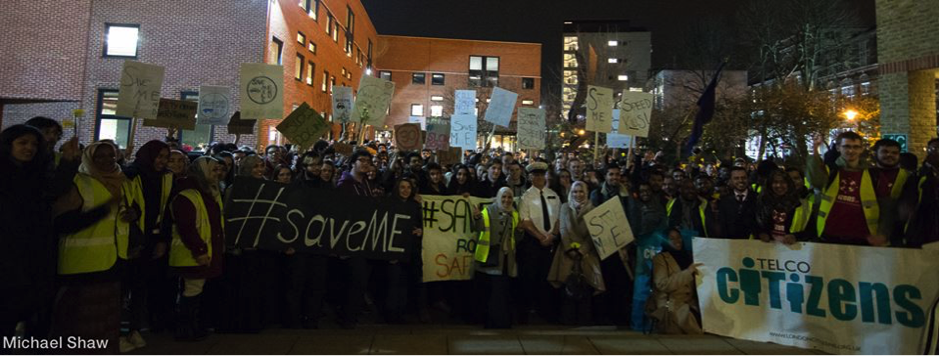Guest post by Major Estelle Blake
 For 11 years I was the manager of The Salvation Army centre in King’s Cross, London. This was an outreach centre to men and women in pro
For 11 years I was the manager of The Salvation Army centre in King’s Cross, London. This was an outreach centre to men and women in pro
titution; including brothels, saunas, lap dancing clubs and street ministry. Just over 2 years ago, I moved to Rome to start a national awareness campaign within The Salvation Army and after a year the plan to begin a local community based outreach programme here in Rome.
And so it began – a threefold mission to bring and see change in this area of ministry: a response to the national and international movement; research for local possibilities of ministry; and discovering where we fit in by networking with other potential partners. Continue reading “Theory and Practice”

 A few weeks ago
A few weeks ago 
 ctural problems, no heating and dodgy electricity. It was basically built on top of a garage. This was meant to be the place that I would bring my son back to.
ctural problems, no heating and dodgy electricity. It was basically built on top of a garage. This was meant to be the place that I would bring my son back to.
 It gives us glimpses of ‘the heroic stories of the past’: the early Salvation Army – ‘a revolutionary movement seeking to turn the world upside down – an Army born for justice-seeking’. In doing so, it gives us a timely reminder of who we were raised up to be and what we were raised up to do.
It gives us glimpses of ‘the heroic stories of the past’: the early Salvation Army – ‘a revolutionary movement seeking to turn the world upside down – an Army born for justice-seeking’. In doing so, it gives us a timely reminder of who we were raised up to be and what we were raised up to do.
